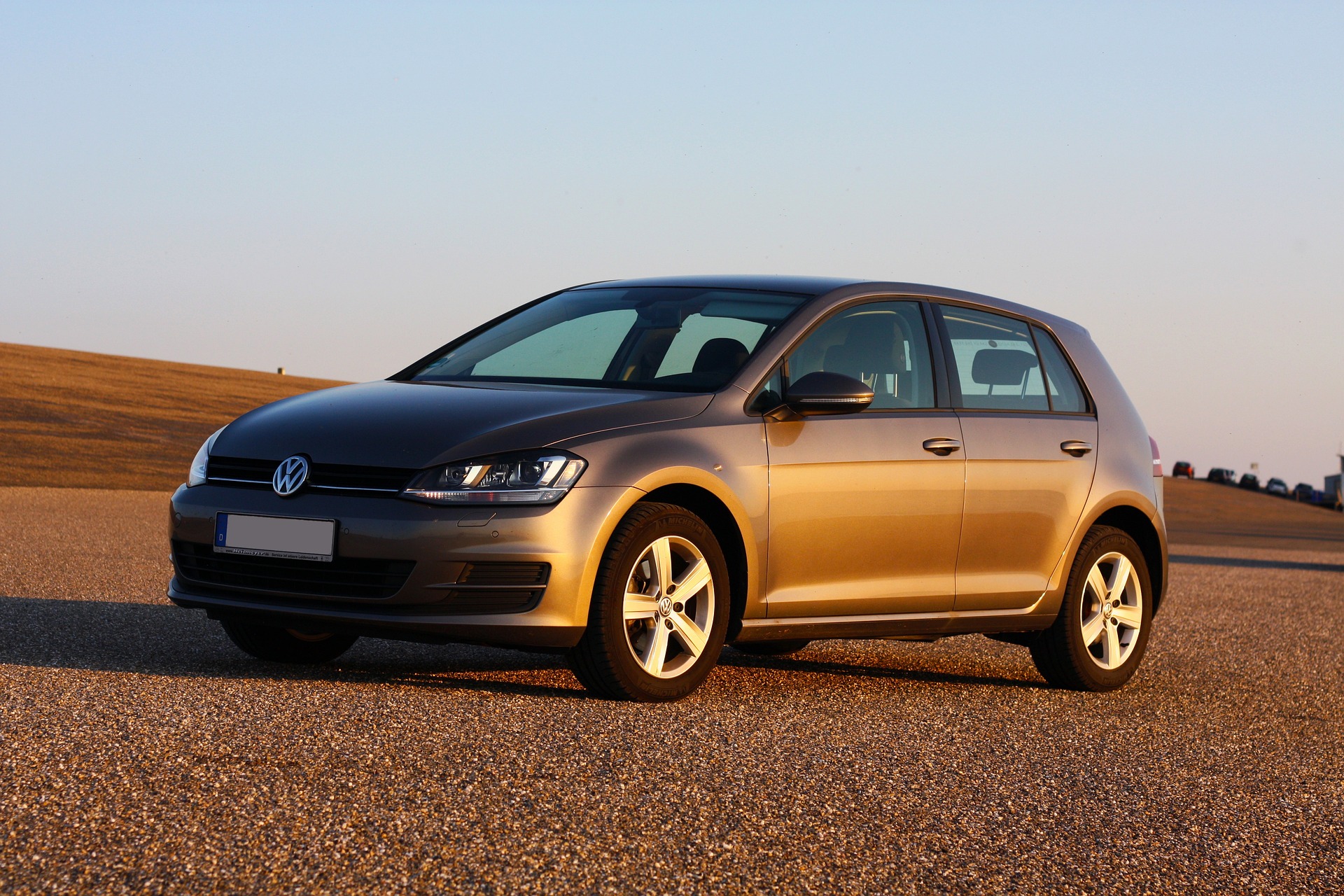Shifting Gears: The Resurgence of Hydrogen Fuel Cell Cars
The automotive industry has seen a plethora of technological advancements in the past few decades. Among these, the interest in hydrogen fuel cell cars has seen a significant resurgence. While not a new concept, they have been overshadowed by the rise of electric and hybrid vehicles. Now, they are coming back into the spotlight, promising cleaner, more efficient driving experiences.

A Spark from the Past
Hydrogen fuel cell technology dates back to the early 19th century. However, it wasn’t until the 1960s that General Motors developed the first hydrogen fuel cell vehicle, the Electrovan. Despite its many advantages, such as zero-emission driving and quick refueling times, the technology was sidelined due to high costs, lack of infrastructure, and the rise of electric and hybrid vehicles.
The Second Coming of Hydrogen Cars
In recent years, hydrogen fuel cell vehicles have been making a strong comeback. Automakers like Toyota, Hyundai, and Honda are now championing the technology, producing models such as the Toyota Mirai, Hyundai Nexo, and Honda Clarity.
This resurgence is fueled by several factors. Firstly, hydrogen fuel cells offer a more extended range compared to electric vehicles, making them ideal for longer journeys. Secondly, they require less time to refuel - a substantial advantage over electric vehicles, which often need hours to recharge fully.
The Impact of Hydrogen Fuel Cell Technology
The impact of hydrogen fuel cell vehicles on the automotive industry and environment is profound. They offer a sustainable driving solution, as they emit only water vapor, contributing to the reduction of harmful greenhouse gases.
However, there are challenges that still need to be addressed. The infrastructure for hydrogen refueling is still in its infancy, and the process of producing hydrogen fuel is energy-intensive.
The Future of Hydrogen Cars
The future of hydrogen fuel cell cars looks promising. Governments and automakers worldwide are investing heavily in this technology and the necessary infrastructure. For example, Japan aims to have 800,000 hydrogen cars on its roads by 2030.
These investments underscore the potential of hydrogen fuel cell cars, not as a competitor, but as a complement to electric vehicles in achieving a sustainable transportation future.
The Takeaway
The resurgence of hydrogen fuel cell cars marks a significant turning point in the automotive industry. Despite the challenges, the potential for a cleaner, more efficient driving experience is driving renewed interest in this technology. As we navigate towards a more sustainable future, the importance of diverse, innovative solutions like hydrogen fuel cells becomes increasingly clear.




